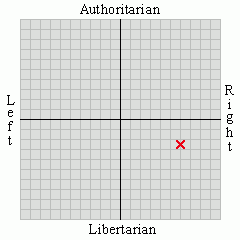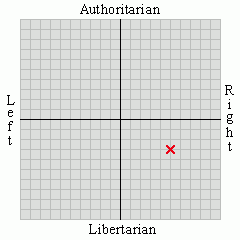In order for Russia to recuperate its geopolitical influence and its standing amongst the American and Chinese powers it will have to forge new relationships with the most willing European countries, namely France, Italy, Spain and especially Germany. Russian ties with Germany have strengthened considerably over the past year, particularly in the area of business. Siemens recently ended a cooperation agreement with the French nuclear power group Areva to create a rival venture with Russian group Rosatom, thereby bringing to an untimely end a successful Franco-German company that had become the world leader in the design and construction of nuclear power plants. Meanwhile, it is widely believed that President Medvedev aims to gain from this relationship by eventually proposing a pan-European security treaty that will destabilise NATO or render it ineffectual and by attempting to reformulate the Euro-Atlantic partnership along the Moscow-Berlin/Paris-Washington axis.
America’s current perception of Europe is that it is neither a problem nor a resource and that it is sufficiently stable and powerless so as not to merit any particularly special attention. Russia, on the other hand, is considered by the Obama administration as worthy of re-establishing a working partnership that acknowledges “the importance of Russian cooperation in achieving essential American goals: from preventing Iran acquiring nuclear weapons, dismantling al Qaeda and stabilizing Afghanistan, to guaranteeing security and prosperity in Europe”, as included in the ‘Report from the Commission on U.S. Policy Toward Russia’ (see full report here). It also states, on page 7, that “Without deep Russian cooperation, no strategy is likely to succeed in preventing the proliferation of nuclear weapons, nuclear terrorism, and nuclear war.” Furthermore, it recognises on page 9 that “Washington should not expect that it can attempt to create its own sphere of influence on Russia’s borders while simultaneously seeking a constructive relationship with Russia.”
Russia’s influence is already being felt strongly across Europe in the energy sector. The continent’s energy security was severely threatened in January 2009 as a result of the Russian-Ukrainian gas crisis and the untrustworthy and secretive system of gas trade. This event damaged its reputation as a reliable supplier of energy to Europe that could have helped it forge a new relationship with the European Union. Despite this, energy interdependence with Russia is an inescapable fact for much of the continent. However, Russia should be aware that it still has a lot to lose in alienating the EU member states. The EU and Russia will inevitably need to cooperate in the future to compete with the emerging economies of China and India, and Russia also needs access to the European markets, investment and technologies to allow it to modernise. Russia’s foreign policy must therefore abandon its hostile, conservative stance towards Europe, and the EU must also regularly welcome and encourage all forms of cooperation from Russia, whilst restoring cohesion of its policies among the member states.
Subscribe to:
Post Comments (Atom)



No comments:
Post a Comment